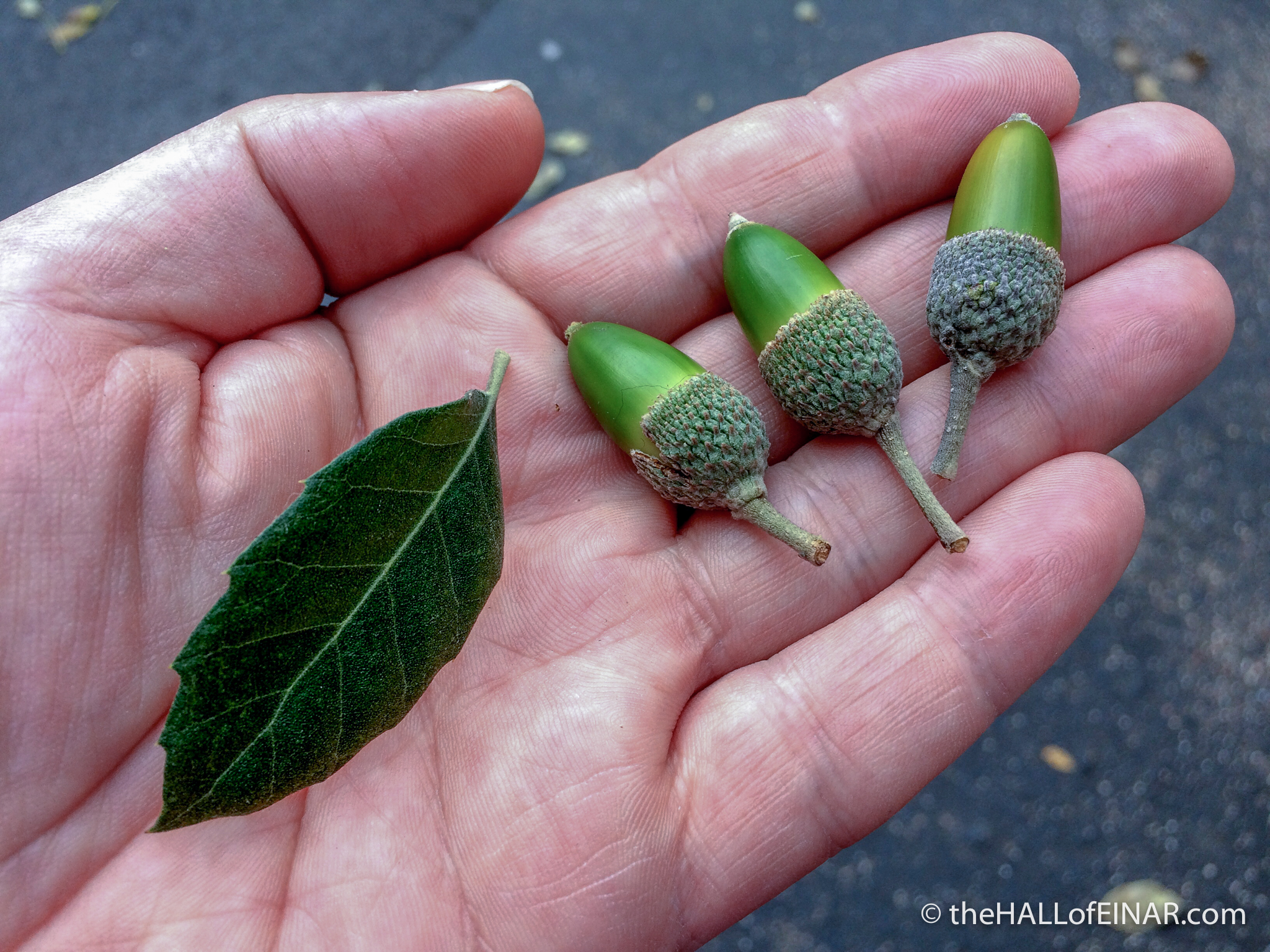Do we need to pay for oaks to grow?
I’m walking down a city centre street in Rome. It’s November and it’s 20 degrees Celsius. It’s forecast to be blue skies all week. Many of the streets here are lined with trees. Trees are essential for city living because they provide shade for much of the day. That’s especially important in hot climates. Trees are also essential for city living because they clean up air pollution, leading to fewer health problems from vehicle emissions. They are wonderful and essential, not additions or luxuries.
As I look up at the fluttering leaves of these ancient trees in Rome I think how deeply sad it is that Sheffield City Council entered into a 25 year contract to fell and replace many of the mature street trees in Sheffield. 5,500 have already gone, and their plan is to replace a total of 17,500 of the 36,000 street trees in the City. It’s an epic and costly exercise in wanton environmental vandalism. The street ‘improvement’ contract will cost them £2 billion over its 25 years. The business case to fell so many was economically driven, with savings in maintenance of pavements and roads due to damage by roots, and savings in legal cases for trips and falls. Personally I think beautiful trees are worth a few wonky pavements.
Trees are also important because they feed the soul; they provide beauty and solace and company and colour and sound and homes to other living things like birds and insects and, in this case, today, in Rome, they provide acorns.

This looks like an evergreen oak to me. It has long tufted acorns and slightly serrated leaves like a Holly leaf. It might be the Holly Oak, Quercus ilex. I’ve seen it before in South Devon because they were first introduced to the Mamhead estate in the early 18th Century by a merchant called Thomas Ball. He planted many exotic trees which he brought back from his continental travels. In their book, The Beauties of England and Wales, published in 1803, the authors Britton & Brayley said of Mamhead’s grounds:
“The woods and plantations of Mamhead are numerous and extensive. Many of them were introduced by Mr Thomas Ball, the last of that family who, on returning from the continent brought with him a quantity of cork, ilex, wainscot, oak, Spanish chestnut, acacia, and other species of exotic trees. With these, he embellished the boldly swelling grounds at Mamhead.”
The Holly Oak is now viewed as an alien invasive species in Britain and is spread by Jays who bury the acorns as a winter food store and fail to recover them all, leaving a few to germinate. People think that’s it’s amusing that Jays are somehow ‘forgetful’ and bury food and then can’t remember where they have put it. The actual hard fact is that a Jay’s life is relatively short and they can’t remember where they’ve cached their food if they’re dead.
I roll the acorns between my fingers. There’s so much pent-up chemical energy just waiting to burst forth within them.
The UK government has recently committed to plant more than 10 million trees across England. That’s good, right? Their scheme will cost £60m over five years. That’s been widely welcomed, including by many environmental campaigners. The Government says it is a, “drive to preserve the country’s greenery”.
However, £50m of the £60m will be given to rich landowners for planting trees. That means working people will be taxed by the Government so rich landowners can be paid for owning land. Has anyone considered that trees don’t need planting? Oaks have been growing without human interference for 25 million years. Acorns germinate and turn into Oaks; all you need to do is wait 100 years. They don’t need to be germinated in nurseries, transplanted, guarded, staked, or thinned. They just need to be left alone. Paying to plant trees is just another excuse to redistribute wealth from the poor to the wealthy.
The other £10m will be targeted at planting in cities and towns and should fund at least 100,000 more trees. I wonder how many of these will be new trees and how many will be tiny vandalised saplings which replace magnificent mature specimens?
I walk down the busy Roman street a little way. I spot a park nearby and throw the acorns through the bars of the fence and onto the earth. They’ll unleash their energy there and take their chances at life. And I didn’t even get paid to do it.